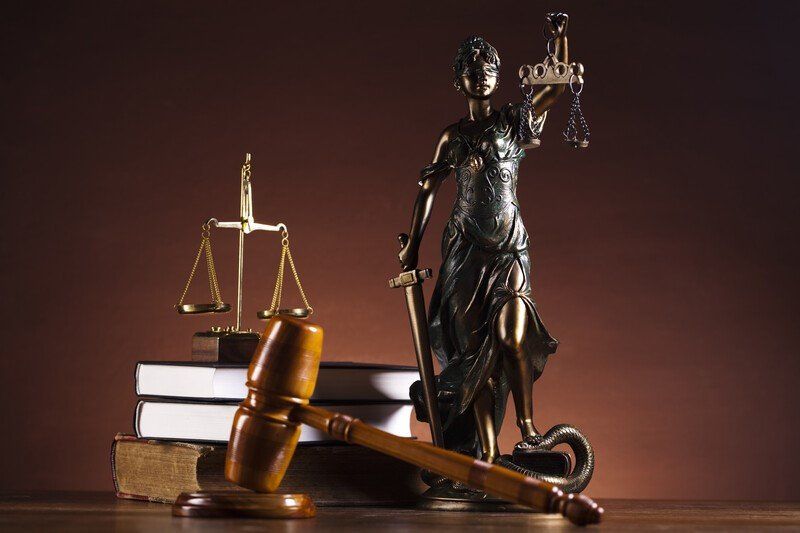BLOG
Understanding Burglary Charges in Iowa and Nebraska

It’s estimated that a burglary occurs approximately every 18 seconds in the United States. Many people hear the word “burglary” and automatically associate it with theft, but this isn’t always the case. A person can face burglary charges even when there’s no element of theft present. If you’re facing the possibility of burglary charges, or know someone who is, here’s what you need to know about the laws in Iowa and Nebraska.
Burglary Laws in Iowa
Iowa Code section 713.1 defines the crime of burglary in the state. According to the Code, burglary is the act of any person who enters an occupied structure with the intent to commit a felony, assault or theft within the structure. To be considered burglary, the structure must not be open to the public and the person who attempts to enter should not have the right, license or privilege to be present on the property.
A major defining element of burglary charges is intent. We tend to associate burglary with theft but in actuality, theft is not an identifying component of burglary charges. In Iowa, burglary charges can be applied in different ways depending on the type and severity of the crime.
First Degree Burglary Charges in Iowa
A first-degree burglary charges is considered a class B felony in Iowa is punishable by a maximum 25-year term in prison. A first-degree burglary charge can apply if any of the following circumstances are present:
- The person who unlawfully entered the property is in possession of a dangerous weapon
- The person who unlawfully entered the property is in possession of an explosive or combustible device
- The person who unlawfully entered the property intentionally or recklessly causes bodily harm to another individual
- The Person who unlawfully entered the property participates in a crime that can be considered sexual abuse
If the circumstances involved in the burglary are less severe, charges of second- or third-degree burglary may apply. A second-degree burglary charge in Iowa is punishable by up to 10 years in prison, while a third-degree burglary charge is punishable with up to 5 years of incarceration.
Burglary Laws in Nebraska
In Nebraska, burglary is defined under State Statute 28-507 . The law states that a person commits burglary if they willfully, forcibly and maliciously enter into any property with the intent to either steal property with an associated value or commit to another felony.
As with the burglary laws in Iowa, intent is crucial in establishing burglary in Nebraska. A person does not need to actually steal property to be charged with burglary, but it is necessary to prove that the intent was there. In Nebraska, burglary can be charged as either a class II or class III felony depending on the circumstances of the case. A class II felony in Nebraska is punishable by up to 50 years in prison, while a class III felony is punishable by up to 4 years in prison.
Avoiding a Burglary Conviction
If you’re facing burglary charges, your best chance of avoiding a conviction is to reach out to an experienced criminal defense attorney in the Siouxland areas. Fitch & Stahle Law Office is here to help you fight the charges and maintain your freedom. Contact us today for consultation.


